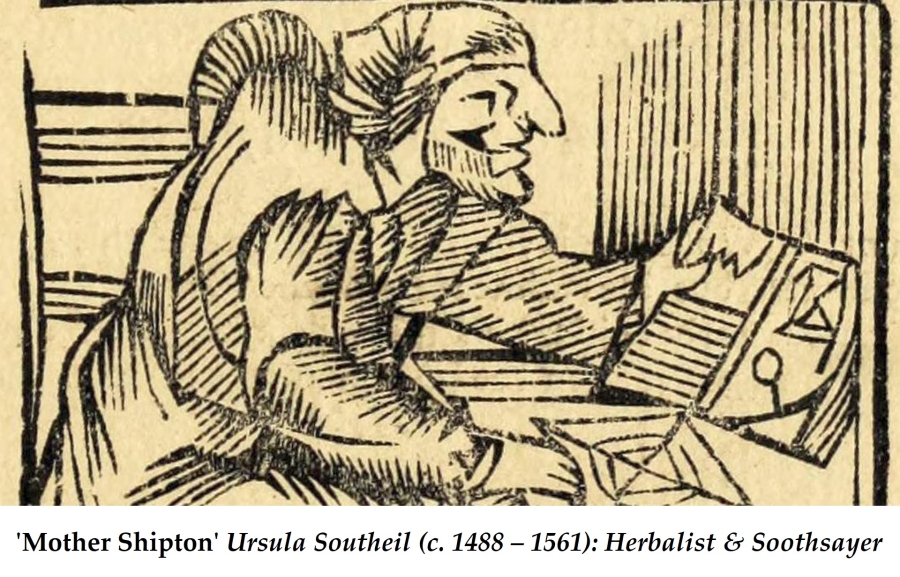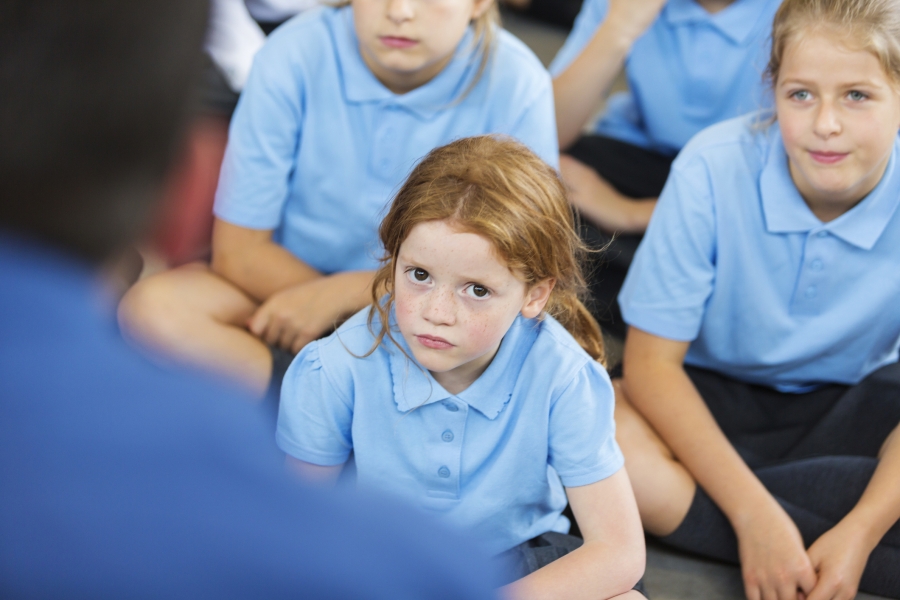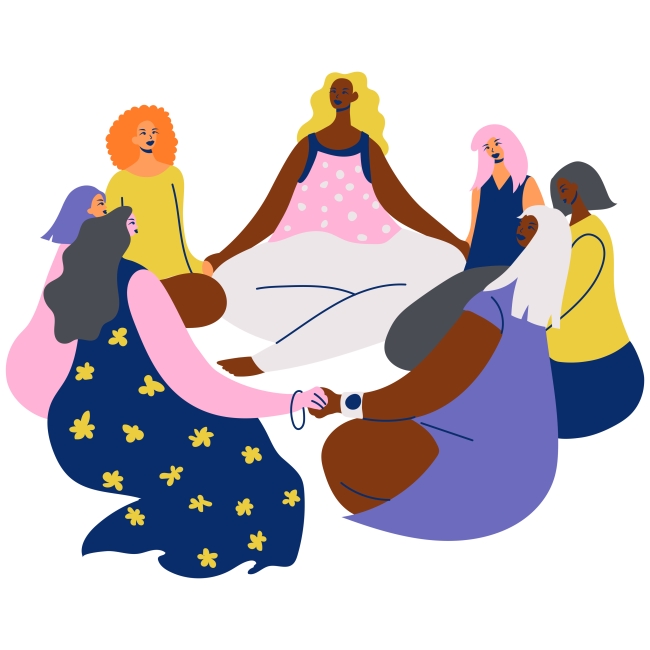“They did not realise that she knows another way, which is hidden from them."
From Authoritative Teaching, an ancient Gnostic Text discovered at Nag Hammadi, Egypt, 1945
Historically women have faced systematic discrimination from religious authorities, denying them opportunities to preach, conduct rituals and hold leadership positions. Women have responded in different ways. Some sought to express their spirituality within the confines of established religions, for example as nuns. A few courageous souls have pushed the boundaries: the anchoress “Julian” of Norwich wrote down her visions of Christ in Revelations of Divine Love, but many other writings were suppressed or burnt and for most it was a life of silent submission.

A third group, perhaps the most numerous, opted to work outside any formal religious system. They drew on the ancient wisdom handed down to them, mother to daughter, wise woman to wise woman, as well as their own natural gifts: of healing, of natural magic, of soothsaying. These women were free of any male control which may explain the deep patriarchal fear and hostility these “cunning folk” aroused. They formed part of an estimated 50,000 or more people, mostly women, denounced as being witches in league with Satan, who were executed over a 300-year period in early modern Europe. Dark misogynistic fantasies swirled around these women. The Malleus Maleficarum, a handbook for prosecuting witches written in 1486, addresses the question, “Why are there more workers of harmful magic found in the female sex?” as well as targeting midwives, significantly an all-female occupation. As the modern witch Pam Grossman wrote in Waking the Witch, “Show me your witches, and I’ll show you your feelings about women.” Yet despite everything, a modern wicca movement is thriving, attracting new generations of women who find its approach to spirituality empowering. This article explores this theme from one woman’s perspective.
A Journey of Empowerment and Connection: Megan’s Experience.
Growing up in a home where my parents had no religion, with grandparents strongly tied to their church, and attending a Church of England school, religion felt like a chore. I associated it with unfamiliar language, strict rules, obedience, and boredom.

None of it resonated with me or made sense. Why was my grandfather a Church Warden while my grandmother did all the work? Why were men always the ones teaching us about religion? Where were the women? As I grew older, this theme persisted. Religion seemed to place women below men, and I saw no reason to engage with that.
In my late teens and early twenties, I became interested in “witchy” practices. This manifested in many forms, including astrology, crystals, tarot and goddess cards, using plants for their healing properties, meditation, past life regression and other explorations into connecting with myself and the natural world around me. The more I learnt, the more open I became and the more I wanted to explore. The more I learned and practised, the deeper my connection grew. I visited locations with histories connected with witches, I read, I listened, I joined groups and importantly, I practiced. In these spaces, I discovered women in leadership, women teaching, and stories where women took centre stage rather than being an afterthought or a side note to benefit the male lead. It was a breath of fresh air compared to the rigid, male-dominated official Christianity I had encountered. Instead of submission through fear, I found a radiant energy rooted in love, compassion, healing, community, and education. The image of what a witch was shifted in my mind, from the image we associate in popular culture, to women finding ways to shape their own paths.

I finally felt free to explore my own path and do what resonated with me, rather than being told what I should follow. It always struck me as odd that the religion I was “supposed” to follow was dictated by where I was born, with the “one true God” seemingly determined by postcode. Born in England, the predominant religion was Christianity. Had I been born in Egypt, this would have been Islam. Had I been born in Nepal, Hinduism. This led me to explore goddesses from various cultures and practices, both globally and historically. With every new insight, I felt more connected.
I began referring to this growing connection as “The Universe.” It wasn’t about naming a god but describing a feeling of oneness with everything—nature, the stars, higher powers, and the energy around and within myself. “The Universe” felt inclusive, freeing, and untethered from any single tradition.
Eventually, I revisited the Christ of my childhood through books like Finding Jesus Ourselves and Community of Christ, as well as the video series Exploring Jesus Ourselves. I discovered a way to understand Jesus and his mission outside church dogma—an interpretation that was deeply personal, empowering, and inclusive of women’s roles.
I am still at the beginning of my journey, but it is uniquely mine. I take my own steps, seek knowledge, draw conclusions, adapt, and evolve along my path. While I may not understand everything, spirituality has brought me freedom, with excitement guiding me at every turn. Writing this article is a stepping stone in my spiritual journey. Not only is writing about spirituality and witchcraft something which my younger self would not have begun to be able to imagine, but writing how they aid against the “War on Women” would have been something completely incomprehensible. My journey continues: writing this article not only shows it’s on a forward trajectory, but also has given me space to reflect, to look and see how far I have come, to see my spiritual evolution holistically and consider where this path may take me.

The “War on Women” has long been perpetuated by patriarchal structures in religion, but reclaiming spiritual practices that honour and empower women is a step toward healing and equality for womankind.
By Megan Hollamby and Simenon Honoré
You can read more about Women's Riverlution in our book, Riverlution: Going with the flow of personal and planetary change.
The views expressed in this article are not necessarily those of Spirit of the Rainbow as a whole.
If you enjoyed this article, share it with a friend.
Not yet signed up for our newsletter? It only takes a minute, here.
Popular posts
You might also like
Email Newsletter Our latest articles and offers delivered straight to your inbox.
Our latest articles and offers delivered straight to your inbox.